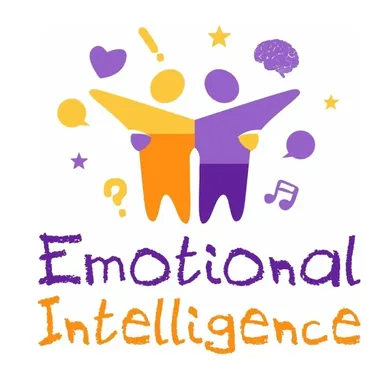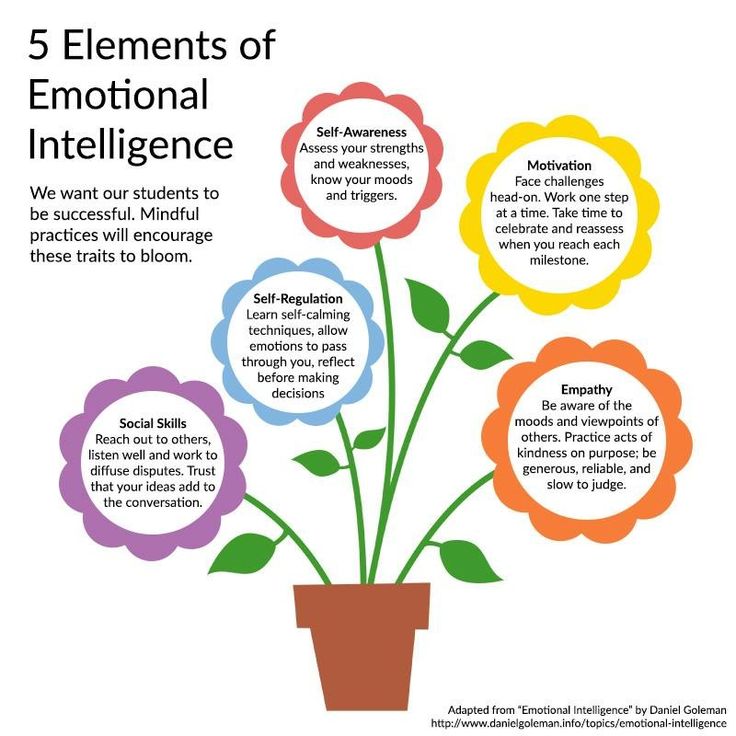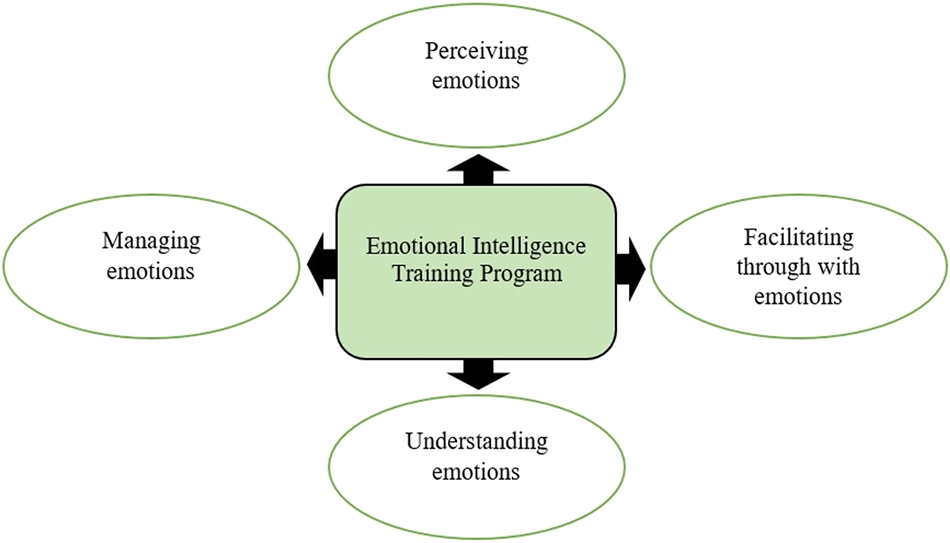
When we think about school, we often focus on grades, homework, and exams. But there’s something just as important as academics — emotional intelligence (EI). Emotional intelligence is the ability to understand, manage, and express our emotions while also being able to connect with others. Teaching emotional intelligence in Schools Is Key to Creating a Kind, Safe, and Supportive Environment for every student.
What Is Emotional Intelligence?

Emotional intelligence means:
- Being self-aware: Understanding your own feelings.
- Managing emotions: Staying calm and handling stress in a healthy way.
- Showing empathy: Understanding and caring about how others feel.
- Building social skills: Communicating well, solving problems, and working as a team.
Why It’s Important in School

- Helps Manage Stress: Students face pressure from studies, exams, and friendships. Emotional intelligence teaches them how to deal with these challenges calmly.
- Improves Friendships: Students who understand their own feelings and respect others’ emotions build stronger, healthier friendships.
- Reduces Bullying: When students are taught empathy, they are less likely to harm others. It encourages a culture of kindness and support.
- Boosts Academic Performance: A calm and confident mind can focus better, solve problems faster, and enjoy learning.
How Schools Can Teach Emotional Intelligence

Through classroom discussions about feelings and relationships.
By practicing group activities that build teamwork and understanding.
By encouraging students to listen to each other and resolve conflicts peacefully.
Introducing mindfulness exercises to help students manage stress.
Conclusion
Emotional intelligence is not just a soft skill — it’s a life skill. Schools that prioritize teaching empathy, self-awareness, and social skills prepare students not only for exams but also for real life. By building emotional strength, we build a happier, healthier, and more connected school community.
